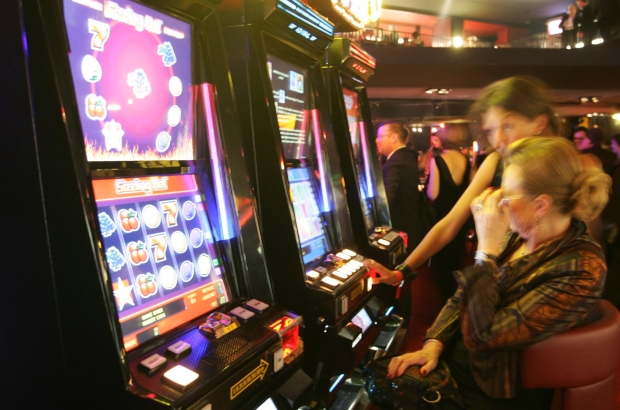- Daily & Weekly newsletters
- Buy & download The Bulletin
- Comment on our articles
Belgium encouraged to ban gambling ads and raise minimum age
Belgium’s Superior Health Council (CSS) is ramping up its warning calls on gambling ahead of the Euro 2024 football tournament, Tour de France and the Olympic Games.
“Following the 2022 Football World Cup, the number of players on gambling sites has doubled,” the CSS said, drawing a connection between major sporting events and a rise in betting.
While major sporting events are taking place, the CSS said gambling and sports betting seem to become more socially acceptable and the overall number of gamblers increases in their wake.
“In Belgium, it is estimated that there are more than 380,000 high-risk gamblers over the age of 18,” said the CSS, which adds that these figures are likely an underestimate.
The council recommends a number of measures to curb gambling, including prohibiting people under the age of 21 from accessing betting sites.
“With their brains still developing, young adults are highly impulsive and may seek thrills to combat the boredom and inner emptiness felt during adolescence,” the CSS said, noting that the risk of gambling addiction is increased in 16-24 year-olds who already have psychological problems and in the children of pathological gamblers or those with a family history of addiction.
“Raising the minimum age for taking part in games of chance to 21 will protect them as much as possible,” the council added.
It also suggests a ban on all gambling advertising or, failing that, several different warning messages to accompany them.
“A study conducted in Norway shows that the level of problem gambling increases linearly with self-reported exposure to direct advertising," the CSS said. "Advertising also increases the likelihood of relapse among gambling addicts."
One potential reason gambling is on the rise in young adults is the increasing range of betting games available to them. In addition to traditional casinos, betting shops, scratch card games and lotteries, there is online poker, sports betting, virtual slot machines and even video games containing mini-money games.
Online gaming applications and websites are monitored little or not at all, despite the fact that they are becoming increasingly popular, particularly among young people. Those between the ages of 16 and 24 are at greater risk of addiction.
Current warnings are “are not visible enough, lack effectiveness and are not realistic”, according to the CSS.
Slogans such as “play in moderation” or “stop in time” ignore “the complex mechanisms of gambling addiction”.
If a total ban on all gambling advertising cannot happen, the council would at least like to see a slogan such as “gambling is losing” followed by a self-assessment question and call to action.
Importantly, such messages should be developed outside of the gambling industry and be “clear, legible, visible on every advertisement and suitable for all concerned”.
The CSS also recommended the creation of a reference website to provide information on risk reduction and help for people facing gambling-related problems, limiting access to games, promoting self-control tools (voluntary exclusion and predefined money limits) and regulating the supply of games, particularly online games, which are the riskiest.
It has also long recommended that gambling institutions be obliged to identify and refer problem gamblers to care organisations.
Photo: John Thys/Belga



















